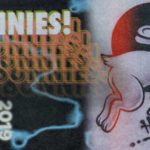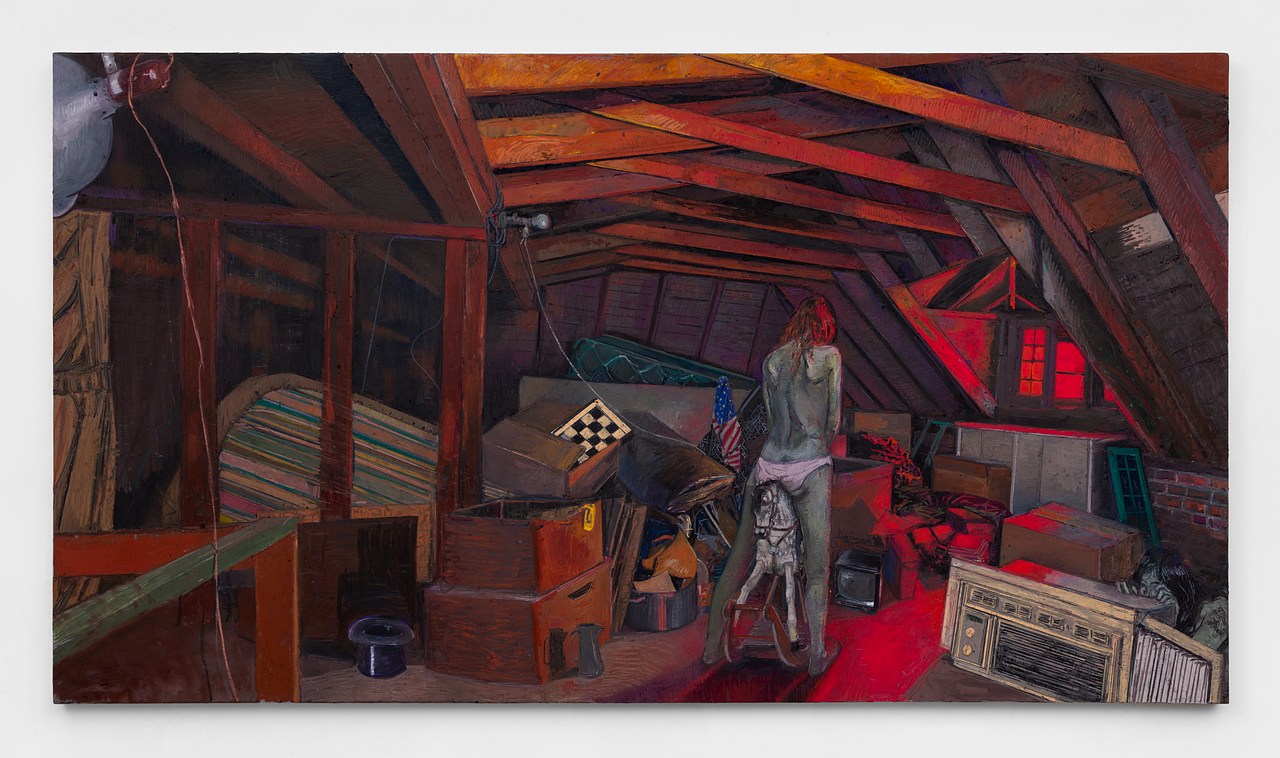Meeting with the awaited guest / Yellow Bows
1982 - Photography (Photography)
59.4 x 43 cm
Victor & Sergiy Kochetov
According to Viktor Kochetov, Meeting with the awaited guest / Yellow Bows is the first hand-colored print he ever made. Although this might well be a part of the artist’s mythology, this image perfectly demonstrates the methodology the Kochetovs used in their work. The snapshot itself was created during a journalistic assignment to document the meeting between a WWII veteran and school children in the Kharkiv region. The protagonist here is not the veteran, but a schoolgirl who shakes his hand. The girl’s appearance, posture, and facial expression are so typical that they border on comical. The intense hues hand coloured by the artists force the Soviet standards for photographic realism to unravel, revealing new, non-verbal meanings that conflict with official Soviet slogans. Working as a photo reporter, the Kochetovs constantly faced that dichotomy of “approved” and “not approved” images. By varying the intensity of coloring and format, the fauvistic colors magnify the plainness of reality and reveal a lyrical side to mundane subjects.
Viktor Kochetov became engaged in photography in 1968 and was also a professional photographer in film and photo laboratories. A significant part of his body of work was created together with his son Sergiy Kochetov. The Kochetovs’ art practice is based on cooperation and the mutual exchange of ideas. Their collaborative work shifts focus to scenes of bold, non-staged reality of the late-Soviet to post-Soviet periods. The artists are well-known for their extensive usage of hand-coloring black and white prints, which is rooted in the tradition of “luriki”—enlarged, retouched, and often tinted photographic portraits. Both Viktor and Sergiy Kochetov belong to the Kharkiv School of Photography. Since the mid-70s, the artists associated with this movement have treated photography in an unconventional way, developing personal aesthetics by defying the cultural taboos associated with representation. Their experiments created an iconography that went against the codes of social realism used to glorify the repressive Soviet state.
Colors:
Other related works, blended automatically
» see more

© » KADIST
Victor & Sergiy Kochetov
1978Having a press card allowed Viktor Kochetov to photograph freely in public places, access to which was strictly regulated for amateurs...
Related works sharing similar palette
» see more

© » ARTS EQUATOR
Weekly Southeast Asian Radar: Malaysia reopens theatres; playwright Alfian Sa'at dragged into politics | ArtsEquator Thinking and Talking about Arts and Culture in Southeast Asia ArtsEquator Radar DPAC June 25, 2020 ArtsEquator’s Southeast Asia Radar features articles and posts about arts and culture in Southeast Asia, drawn from local and regional websites and publications – aggregated content from outside sources, so we are exposed to a multitude of voices in the region...

© » KADIST
Brian Tripp
2010For many years Tripp has been involved in reviving Karuk ceremonies that had been discontinued for decades, he developed his signature abstract style, based in Karuk design, ceremonial regalia forms, and related cultural and political iconography...
Other works by: » Victor & Sergiy Kochetov
» see more

© » KADIST
Victor & Sergiy Kochetov
1978Having a press card allowed Viktor Kochetov to photograph freely in public places, access to which was strictly regulated for amateurs...

© » KADIST
Victor & Sergiy Kochetov
1992Ukraine-Russia / Volleyball by Viktor and Sergiy Kochetov features a concrete monument of women volleyball players before the railway station in the village of Vodyanoye, Kharkiv region...
Related works found in the same semantic group
» see more

© » KADIST
Natan Lawson
Untitled (Bubbles) by Natan Lawson is produced by a marker with a ball-bearing tip, which is drained and refilled with a new color of acrylic paint for each layer...

© » KADIST
Shi Guowei
Through a hand-painting process, Shi Guowei created Manufactured Landscape ...

© » KADIST
Yosuke Takeda
2011Yosuke Takeda gives the viewer brightly colored views, each of which he has searched out and patiently waited for...

© » KADIST
Awol Erizku
2018Awol Erizku’s image Origin of Afro-Esotericism has compositional force and a rhythmic use of full-blast color...


